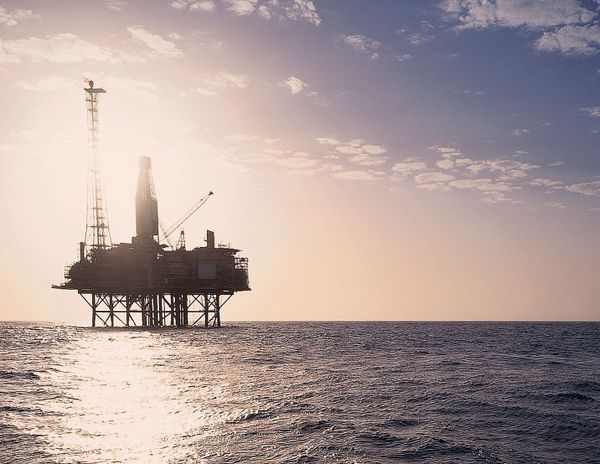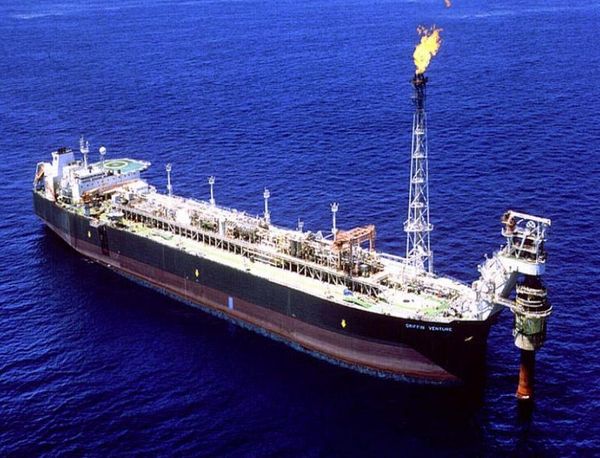Regulator calls time on delays to $52B offshore oil and gas decommissioning
Regulator NOPSEMA has wrested control of the schedule for cleaning up Australia's offshore oil and gas fields from tight-fisted operators in a move that may result in an offshore jobs boom later this decade.
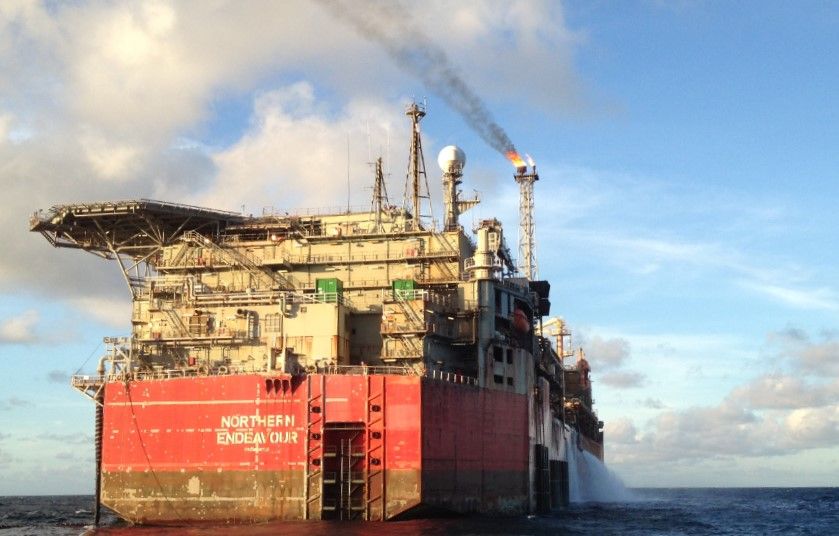
Regulator NOPSEMA has wrested control of the schedule for cleaning up Australia's offshore oil and gas fields from tight-fisted operators in a move that may result in an offshore jobs boom later this decade.
Operators will be required to remove all equipment floating in the ocean within 12 months of a permanent end of operations at a facility, according to a new decommissioning compliance strategy released by the offshore environment and safety regulator NOPSEMA.
Operators must plug wells within three years of operation ending and remove all structures on the seabed by two years after that.
The cost to clean up after Australia's offshore oil and gas industry is estimated to be about $52 billion over the next three decades.
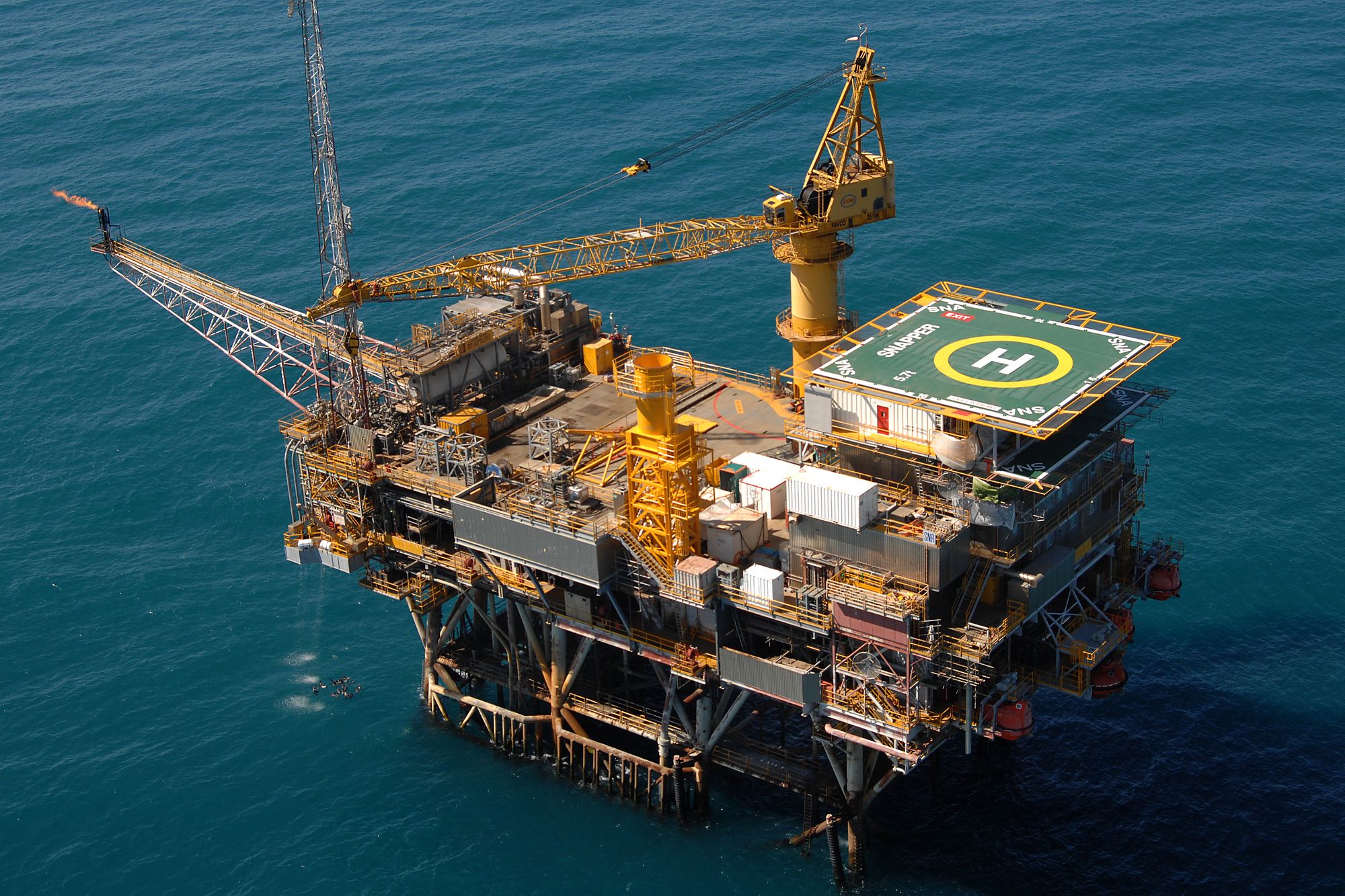
It has been common practice for the industry to delay decommissioning rather than spend money on an activity that does not increase revenue.
Chevron is seeking permission to leave a wellhead on the seabed where it drilled a well in 1974 into the West Tryal Rocks field. The 47-year-old well has been plugged.
NOPSEMA's move to expedite decommissioning is motivated by concern that "the ability to decommission appropriately is increasingly at risk the longer the period of time between cessation of production and completion of decommissioning activities."
The industry has until the end of 2023 to have decommissioning plans in place for all fields that have ceased production.
Decommissioning work likely to boom
The new deadlines for completing decommissioning and a backlog of delayed work could prompt a massive surge in offshore activity once NOPSEMA accepts the decommissioning plans.
The waters off WA are expected to account for about 60 per cent of the $52 billion decommissioning bill estimated by Advisian in a report for National Energy Resources Australia.
Work on about half the total scope is estimated to start this decade, with ExxonMobil's ageing Bass Strait facilities likely to feature heavily.
The Northern Carnarvon Basin off WA has about 225 subsea wells to plug and abandon and more than 300 subsea structures to be removed.
In contrast to large LNG projects like Barossa and Scarborough, decommissioning expenditure is likely to have a much higher level of Australian content.
Offshore oil and gas producers have minimised decommissioning expenditure by selling out, continual delays, or justifying leaving the equipment on the seabed.
Selling is now less attractive as under legislation proposed by the Federal Government; the original owner will retain last resort liability if the new owner cannot pay for decommissioning.
ExxonMobil and ENI have recently cancelled attempts to sell Australian assets.
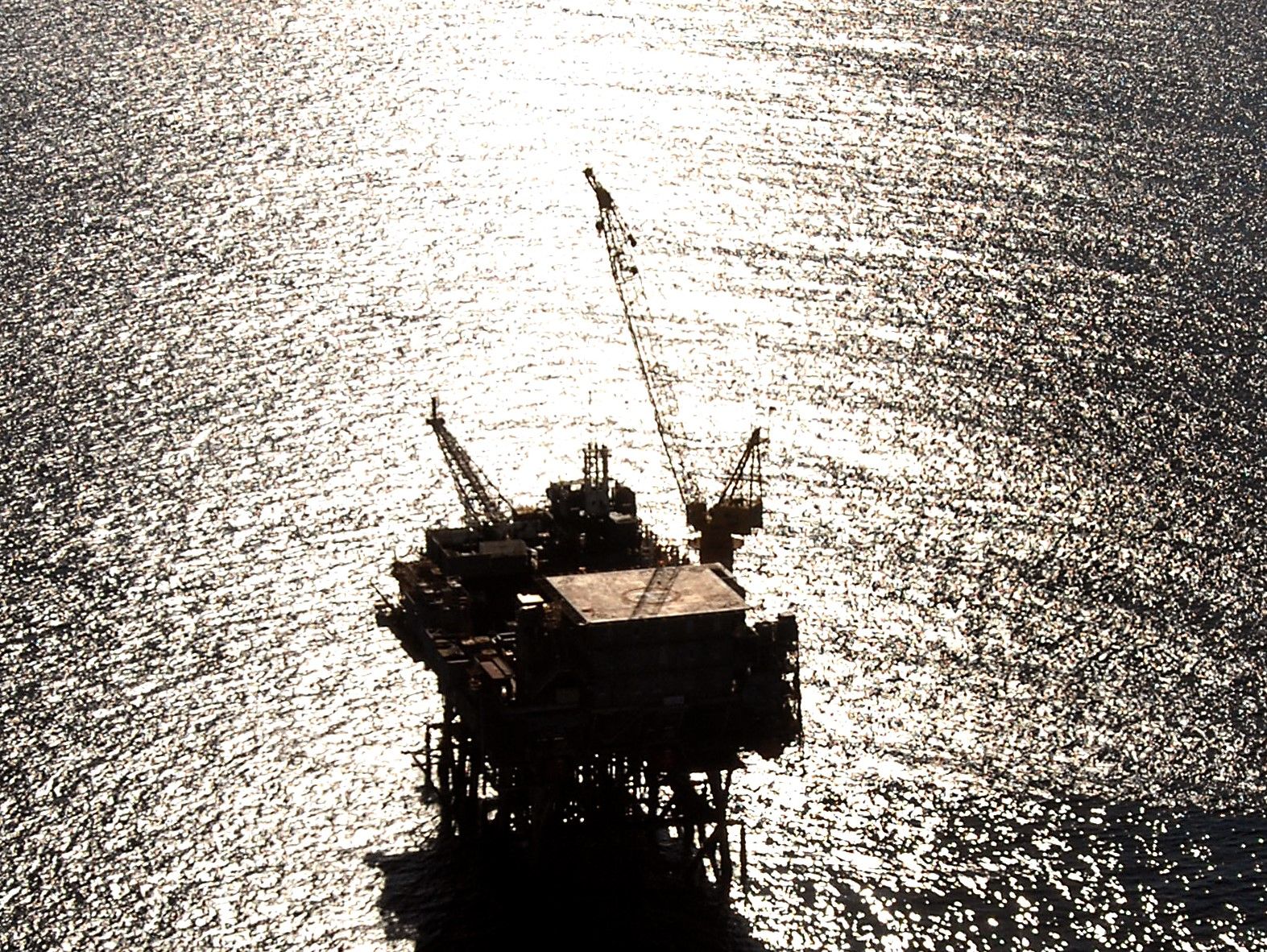
Oil and gas lobby APPEA is strongly opposed to the introduction of these trailing liabilities.
NOPSEMA's stricter stance on the timely completion of decommissioning takes the option of continual delay away from operators. However, game playing is likely over what constitutes the permanent end of operations that triggers NOPSEMA's regulatory clock.
The final offshore decommissioning battle between regulators and industry is likely to be about under what circumstances operators can leave equipment on the seabed.
The Australian offshore oil and gas industry is required by law to remove all equipment from the ocean and plug all wells to prevent future unless NOPSEMA approves an alternative. An exemption relies on the high bar of achieving "equal or better environmental outcomes compared to complete property removal."
The industry has heavily promoted so-called rigs-to-reef where structures remain on the seabed to support the marine life that has developed on and around them.
The Australian offshore oil and gas industry is now more exposed to decommissioning costs than many companies had planned for. The main reason is a cost-saving decision made on a relatively minor Woodside facility six years ago.
Tougher rules a Coleman legacy
NOPSEMA announced its new decommissioning strategy on April 19, Peter Coleman's last day as Woodside chief executive.
Many in the offshore industry believe the Federal Government's recent tough stance on offshore decommissioning, in contrast to its other policies affecting fossil fuels, is largely due to the mounting costs of managing the Northern Endeavor oil vessel in the Timor Sea.
Woodside sold the Northern Endeavour to a new, small, inexperienced company Northern Oil and Gas Australia in 2015 after reversing its own plans to decommission the vessel.
NOGA was liquidated in early 2020 after a series of technical and financial issues, and the cost to the Federal Government to decommission the vessel and oil field has been put as high as $1 billion by independent Senator Rex Patrick.
"Let's be clear, Woodside doesn't have an issue on Northern Endeavour," Coleman told the media last week.
"It was sold as an ongoing business, so I think we need to move away from that.
"We sold it two years before there was an issue, and at the time, the company that purchased it, NOGA, had the liquidity to complete all of their abandonment requirements.
"Now what happened in that intervening two years, of course, we can't speak to and at the same time recall that the Government themselves looked at that transaction and approved it."
The transaction was not subject to a substantial review by regulators because it involved the sale of the subsidiaries that owned the Northern Endeavour. As no new companies appeared on the title, the regulations in place did not allow the National Offshore Petroleum Titles Administrator to intervene.
Proposed legislation will introduce change of control provisions that will allow regulatory scrutiny when there is a significant change of ownership of a company that controls an entity named on a title document.
"If we move beyond that (the Northern Endeavour), we actually have an excellent relationship with the Government in this area," Coleman said.
Boiling Cold understands Woodside's standing with the Federal Government has significantly deteriorated due to the Northern Endeavour.
Coleman said Woodside supported the Federal Government's assessment of what to do with the Northern Endeavour "because we just think it's the right thing to do."
Woodside was paid $7.3 million for the advice.
"We've also set up a special decommissioning group in the company to focus on this area."
Woodside previously had a decommissioning team during Coleman's 10-year tenure leading the company, but it was disbanded in about 2017.
"The first major decommissioning we do will be the Enfield project," Coleman said.
In February 2021, NOPSEMA ordered Woodside to remove all equipment from the Enfield oil project by a fixed schedule and said it would investigate whether Woodside broke the law by not properly maintaining equipment.
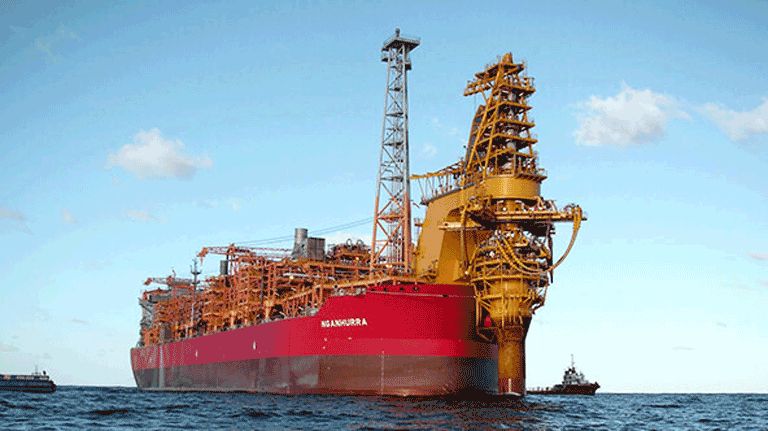
Woodside was a member of the APPEA working group that advised the Federal Government on the decommissioning legislation.
"We're quite comfortable with where that has got to, understanding where the law is and understanding where best practice is globally," Coleman said.
Coleman said the $US2.1 billion abandonment liability on Woodside's books reflected where the company believed the legislation was going.
"The external auditors have been through this in quite a lot of detail over the last 12 months and have come back and said to us that Woodside is the gold standard in the industry," Coleman said.
Main image: Northern Endeavour floating production storage and offloading oil vessel in the Timor Sea. Source: Anon.




